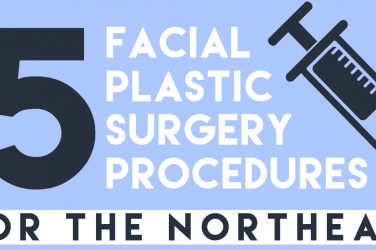Most people are either on Team Tea or Team Coffee, and you likely have reasons for preferring one beverage over another. However, if you haven’t yet made up your mind or are curious about why people prefer coffee over tea, it might be time to do some research.
Before purchasing a fresh bag of coffee beans, take a moment to consider some of the most common pros and cons of drinking coffee.
Pro: Endless Options
Most coffee lovers will rave about the brand they deem to offer the best coffee beans. In reality, there are so many options to choose from that there is no single ‘best’ option.
You might prefer the smoothness of Arabica beans, which is also the most popular type, or you may be all about the increased caffeine content in Robusta beans. Some people also like the nutty, woody flavoring of Liberica coffee beans or the fruitiness of Excelsa beans.
Many coffee connoisseurs buy different varieties to drink at home and love being able to choose between many options.
Con: Sleep Issues
You might drink coffee to wake up in the morning, but it can cause issues at the other end of the day, when you’re trying to fall asleep. Caffeine is known to block your adenosine receptors, preventing the adenosine that builds up during the day from being able to let your brain know that you need rest.
While it feels like caffeine is waking you up, what’s really happening is that it’s not allowing your brain to understand when it’s sleepy. Avoiding afternoon coffee breaks can help you avoid this issue.
Pro: Coffee May Help You Burn Fat
While coffee is not a substitute for a healthy diet and exercise, it may play a role in helping you burn fat while you engage in other healthy practices. Caffeine can help fat cells break down body fat. It does this by stimulating the nervous system and increasing blood levels of the hormone epinephrine.
Con: Coffee Beans May Raise Cholesterol Levels
If you’re trying to lower your cholesterol levels, you might like to stick with filtered coffee. Coffee beans can contain kahweol and cafestol, which may raise LDL cholesterol. Fortunately, people with normal cholesterol levels won’t be at risk.
You can also lower your cholesterol in other ways, such as reducing your saturated fat intake, avoiding trans fats, eating more soluble fiber, and increasing your omega-3 fatty acid intake.
Pro: Improved Cognitive Abilities
Some studies have shown that people who drink coffee perform better at cognitive tasks. Those studies also showed that coffee might reduce motor and cognitive deficits in aging in the same way that nuts, fruit, and vegetables might.
If you typically feel quite sluggish in the morning and take a while to make full use of your brainpower, you might see the value in a hot cup of coffee to start the day.
Con: Expensive to Buy
If you usually pick up a café-style coffee on your way to work, the costs can soon add up. You can spend upwards of $20 per week on a daily coffee habit, which can be a significant sum of money if you’re on a budget.
Fortunately, you may be able to bring some of those costs down by investing in coffee beans and brewing coffee at home. This way, you don’t have to sacrifice quality, but you can save money and avoid lining up in a busy café.
Coffee is one of the most popular beverages globally, and it’s not hard to see why. If you’re on the fence about trying it yourself, consider the pros and cons above.







